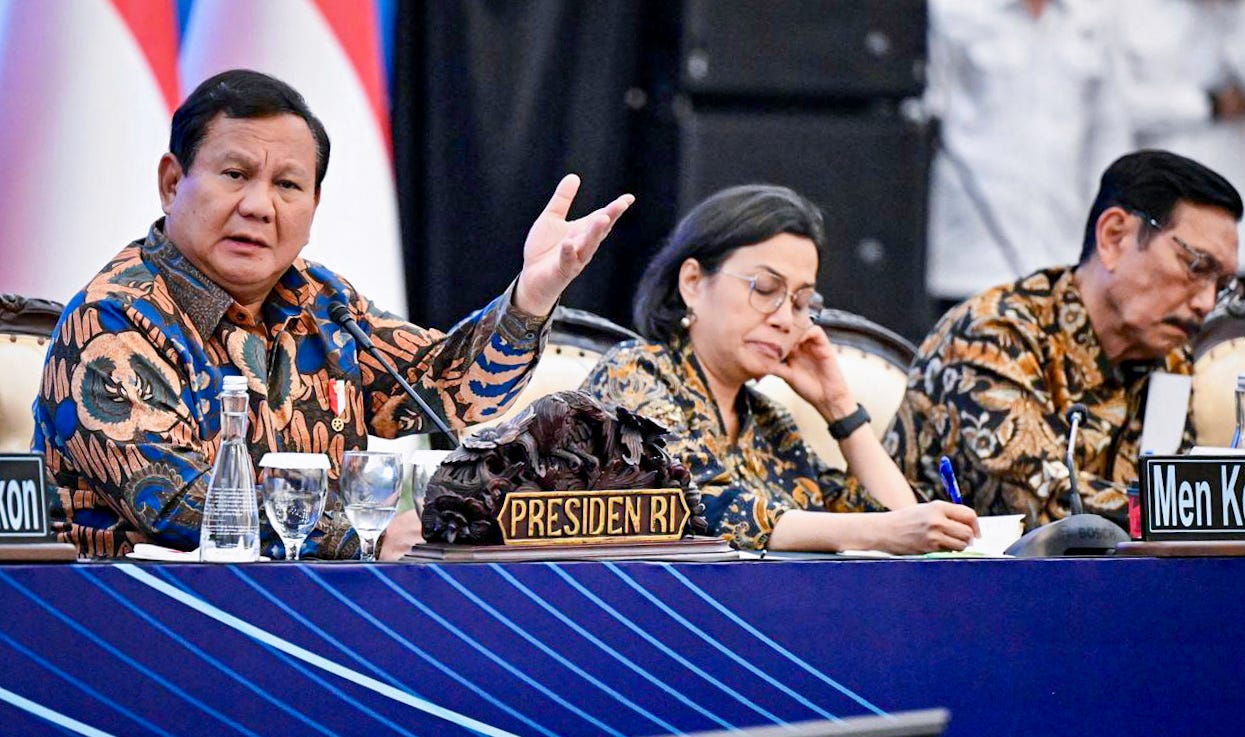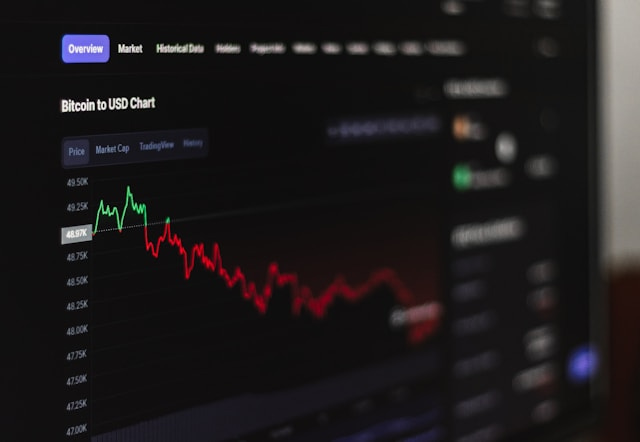Local coffee chains level up ☕. SEA fintech funding declines 📉. Trade war risks loom over ecosystem ⚠️.
Dear subscribers,
After a short break for Eid, RISE by DailySocial is back with this week’s top updates. While the festive season slowed activity for a bit, the Indonesian startup ecosystem didn’t rest. We’ve seen bold international expansions, strategic investments, and growing concerns over the US-China trade war that could ripple through startups and investors alike.
Let’s dive in.
Best regards,
The DailySocial Team
🚨 What’s New
Here are the key headlines from Indonesia’s startup ecosystem, curated from DailySocial.id:
Kopi Kenangan enters India 🇮🇳
Indonesian coffee chain Kopi Kenangan has opened its first outlet in New Delhi, India. The company plans to launch 10 stores by end-2025 and aims for 50 in the long term. Around 70% will be traditional cafés, while the rest will be small-format takeaways. Backed by a US$4.6 million investment, this expansion includes building a localized coffee sourcing program. [Read More]Fore Coffee’s IPO oversubscribed 200x 🚀
Local coffee startup Fore Coffee successfully attracted massive retail investor interest during its IPO on April 8–10, 2025. The offering was oversubscribed 200.63 times, bringing in over 114,000 new investors. Shares were priced at IDR 188, potentially raising IDR 353 billion (~US$21 million) from a 21.08% stake sale. Listing begins April 14 under the ticker “FORE.” [Read More]NTT East invests $250M in SURGE 💼
Telco firm SURGE (IDX: WIFI) has partnered with Japan’s NTT East, which will invest IDR 4 trillion (US$250M) for a 49% stake in SURGE’s subsidiary WEAVE. The deal includes technology transfer, infrastructure design standards, and digital talent development—signaling Japan’s growing interest in Indonesia’s digital infrastructure. [Read More]New funding rounds in Q1 2025
Nafas, an Indonesian air quality management startup, is finalizing a nearly US$3M funding round with Rigel Capital and Qatar Development Bank.
Insurtech Bang Jamin is closing a US$4M pre-Series A round led by Singapore-based SBI Ventures and Braxton Capital.
Hobby platform Hoopi secured its first institutional round led by Jakarta-based Creative Gorilla Capital to fuel Southeast Asia expansion.
👏 What’s Exciting
From the regional scene, here are several notable moves:
Grab rolls out agentic AI with OpenAI & Anthropic 🤖
At GrabX 2025, the company launched the AI Merchant Assistant and AI Driver Companion, both built using OpenAI and Anthropic’s latest models. These tools aim to empower partners to operate more efficiently. Grab also introduced family-focused services and early access features built around its “AI-First with Heart” philosophy. [Read More]Crypto tumbles 30% amid tariff war 💥
The global crypto market fell by US$1.2 trillion since Dec 2024 after Trump's steep tariffs sparked global uncertainty. Bitcoin dropped to $74,500, while altcoins suffered more. The “Fear & Greed Index” dropped to 17 (extreme fear), with weekend volatility and low liquidity adding pressure. Some analysts still see room for a Bitcoin rally. [Read More]Airwallex eyes UK & US banking licenses 🌍
Singapore-based fintech Airwallex is applying for banking licenses in the UK and the US to expand into lending. In the UK, it plans a direct application, while in the US it may acquire an existing bank due to regulatory complexity. This move supports its ambition to become a full-stack global bank ahead of a planned IPO in 2026. [Read More]SEA Fintech Funding Falls 30% in Q1 2025 📉
Fintech funding in Southeast Asia dropped by 30% in Q1 2025 compared to the previous quarter, totaling only US$193 million—a 66% decline from the same period last year. Despite the downturn, one new unicorn emerged: Sygnum, a digital asset banking platform and the only fintech unicorn globally so far this year. The top-performing sectors were cryptocurrency, alternative lending, and investment tech. there were no mega-rounds (US$100M+), acquisition activity slightly increased, and investor focus continues to shift toward specialized, stage-based strategies. [Read More]
🚀 What’s Next: Indonesia’s Calculated Response to US Tariffs
The trade war is escalating. Two weeks ago, President Trump imposed a 32% import tariff on products from six Southeast Asian countries, including Indonesia — although the latest news is that the reciprocal tariff determination has been postponed for 90 days. China retaliated by hiking tariffs on US goods to 125%. The geopolitical strain has intensified, especially over Taiwan.

Rather than retaliate, Indonesia is pursuing diplomacy. President Prabowo proposed increasing imports of US wheat, soybeans, and LNG while considering easing local content requirements (TKDN) for ICT products—hoping to reduce the trade surplus and calm tensions.
These moves aim to preserve investor confidence and safeguard economic stability. Still, uncertainty could impact foreign investment, particularly in tech and manufacturing. For startups, relaxed TKDN rules could enable better access to global tech and components—potentially boosting innovation. But funding may tighten if global sentiment weakens. The government must ensure its policies continue to support startup resilience with smart incentives and regulatory clarity.



